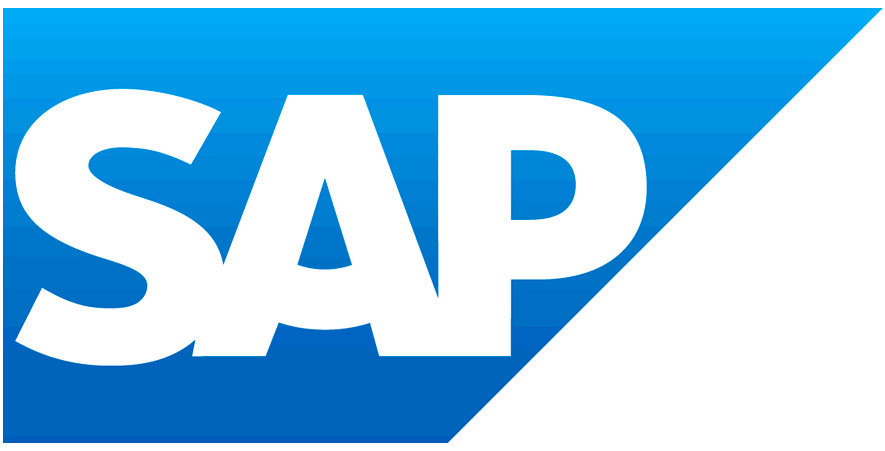SAP Gears Up for UNGA 78
Feature by Alexandra van der Ploeg, head of Corporate Social Responsibility at SAP

The United Nations General Assembly (UNGA) returns next week and is set to be larger and more impactful than ever before.
The SDG Summit takes center stage at UNGA this year, a crucial gathering that occurs every four years. This year’s summit holds particular significance for many, including SAP, as it signifies the midpoint toward the 2030 target for implementing the UN Sustainable Development Goals (SDGs). Adding to the prominence of the agenda is the UN Secretary-General’s assertive Climate Ambition Summit and a trio of high-level health meetings.
As SAP anticipates the start of UNGA 78, we find ourselves at a pivotal juncture in our commitment to corporate social responsibility (CSR). On September 5, 2023, global leaders will converge in New York under the theme “Rebuilding trust and reigniting global solidarity: Accelerating action on the 2030 Agenda and its SDGs toward peace, prosperity, progress, and sustainability for all.”
As a Dow Jones Sustainability Indices (DJSI) constituent, the cornerstone of SAP’s social investment strategy rests on recognizing that our responsibility transcends traditional acts of charity. Although the DJSI recognizes SAP as the industry benchmark for social responsibility, UNGA provides a platform to assess and reflect on our journey so far, and also to chart a course that truly accelerates our dedication toward empowering social innovators, nurturing future skills, and paving the way for a collaborative approach to sustainability.
In our experience, the best way to accelerate change is to be open to new approaches, For that we engage with social innovators and young leaders, and also prepare future leaders with the skills needed to be successful in this unpredictable world.
According to the Sustainable Development Report 2023, at the global level, averaging across countries, not a single SDG is currently projected to be met by 2030, with the poorest countries struggling the most. Since the outbreak of COVID-19 in 2020, the report largely attributes this stagnation in progress to societal polarization, populism, and growing geopolitical conflict. The World Bank also paints a concerning picture in this regard, as it details how the spread of COVID-19 caused the single largest annual increase in poverty rates since global poverty monitoring began, as documented in the 2022 Poverty and Shared Prosperity Report. The risks of these goals not being met are extremely concerning as they encompass far-reaching implications for the well-being of people and the planet.
SAP’s commitment spans all 17 SDGs, with a strategic focus on eight key goals:
Good Health and Well-Being (3) | Quality Education (4) |
Decent Work and Economic Growth (8) | Industry Innovation and Infrastructure (9)
Reduced Inequalities (10) | Responsible Consumption and Production (12)
Climate Action (13) | Partnerships for the Goals (17)
Sustainable partnerships — especially those focused on youth — are at the heart of us making progress in our KPIs around the UN SDGs, particularly when it comes to Quality Education.
Our partnership with UNICEF in support of Generation Unlimited (GenU) is one of our largest investments to date. As part of this partnership, SAP’s support will help expand the reach of Youth Agency Marketplace (YOMA), GenU’s signature program, in Kenya, Nigeria, the Philippines, and South Africa, equipping youth with essential skills for employment. This partnership also supports the SAP Educate to Employ initiative, aimed at educating youth in need on skills, knowledge, attitudes, and values to build their competencies for the digital economy. Since the beginning of 2023, more than 500,000 young people have been reached through different communication channels, with more than 50,000 incremental signups on YOMA. Additionally, 400 young people are being selected for training under SAP Educate to Employ.
Further to this, our long-standing partnership with the We Are Family Foundation (WAFF) also stands as a testament to our dedication to collaborative sustainability. Through WAFF’s Youth To The Table (YTTT) program, SAP contributes to inter-generational dialogues that empower young changemakers. YTTT’s role in bringing young individuals to the forefront of pivotal global discussions — including UNGA, COP, and WEF — reinforces our joint belief in fostering meaningful opportunities for youth to influence decision-making processes across sectors.
The youth delegation at UNGA 78 includes an inspiring and diverse panel of changemakers from South Africa, North Macedonia, Brazil, Ireland, the U.S., Brazil, Israel/Palestine, Nepal, and India. If you would like to assist these delegates in their efforts to build a more sustainable world, you can lend your voice to WAFF’s new study on inter-generational leadership by visiting their website. Your contributions can help to derive insights, document challenges, and define best practices for working better together.
We are hopeful you can join in alongside our collaborative partnerships. After all, they are the bedrock of our progress. UNGA 78 offers an ideal platform for greater collective sustainability efforts. By working closely with governments, NGOs, academia, and local communities, we co-create solutions that address the most pressing global challenges.
The work cannot simply last for two weeks each fall in New York City, it must be embedded into all that we do throughout the year.
As we gear up for UNGA 78, we acknowledge that our social impact journey consists of much more than symbolic gestures. It is about being catalysts of transformation, accelerating social business, fostering future skills, and nurturing collaborative sustainability.
This year’s theme of rebuilding trust and reigniting global solidarity resonates deeply with our chosen SDGs. Let us seize this opportunity to redefine the essence of CSR in the context of accelerating action, progressing toward peace and prosperity, and ensuring a sustainable future for all.

